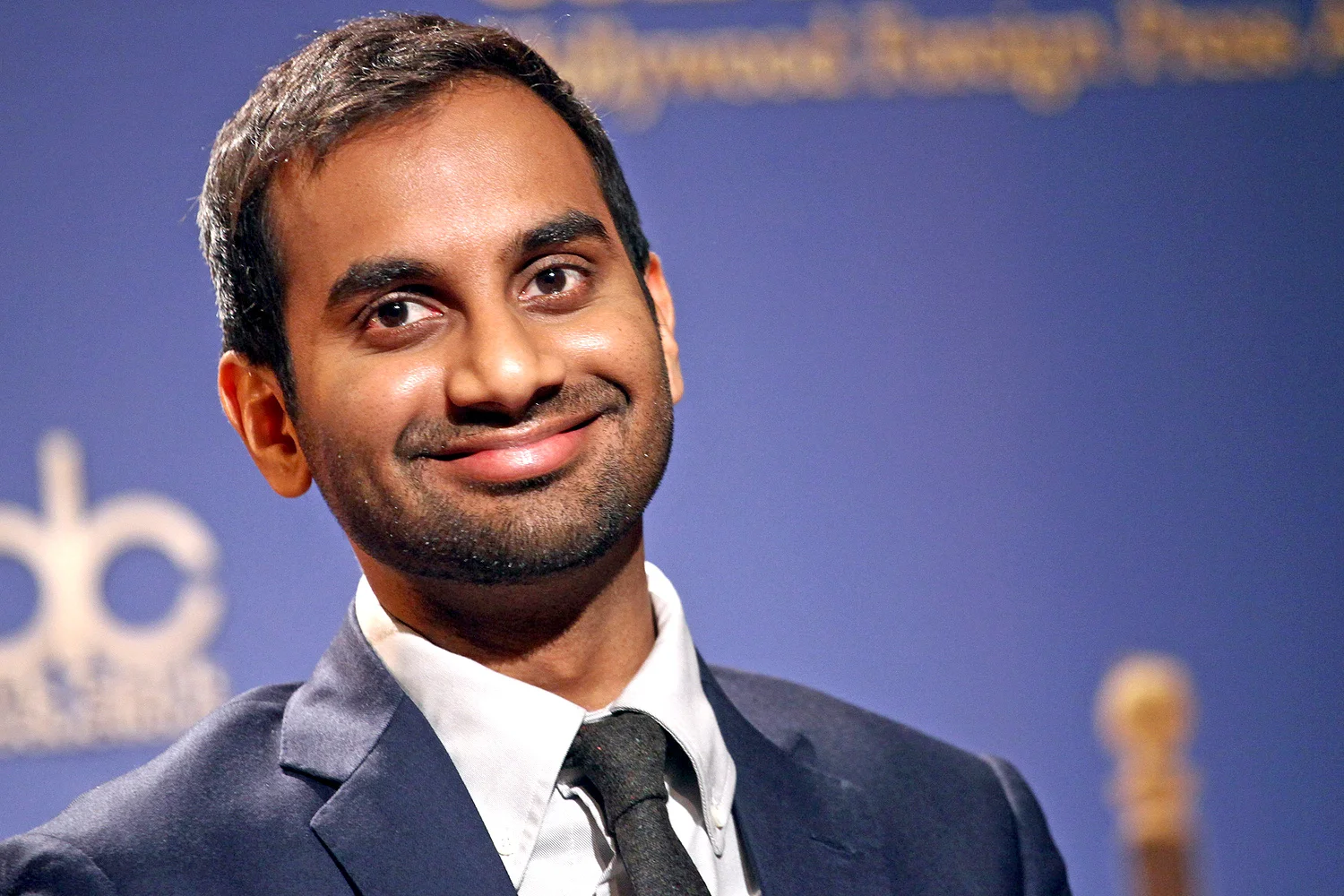Straight Chauvenist Prigs
It's too bad the motion picture academy overlooked "Battle of the Sexes," last year's cinematic account of the famous Bobby Riggs/Billie Jean King tennis match of 1973. Its theme of male chauvenism over women, and female chauvenism over lesbians, resonates strongly today, and a lot of people could benefit from seeing it.
"Male chauvenist pig" was the popular term back then for men who believed that, by divine and natural right, they were better and more worthy than women. What struck me in watching the film's depiction of that attitude — "men are simply faster, stronger, more competitive, and therefore worth more prize money," says a male tournament promoter; the condescension toward "women's libbers" who dared see themselves as equal to their male counterparts — bears a striking resemblance to the attitudes of straight people toward LGBTQ people today.
It reminded me of a view I've had for some time: the insistence by much of the LGBTQ community that bigots and homophobes "hate" us is missing the point and giving the vast majority of discriminators a free pass since, quite understandably, they don't identify as "haters."
Bobby Riggs didn't "hate" Billie Jean King, nor did Margaret Court. Both, however, subscribed to the classic definition of chauvenism in their respective attitudes towards King's gender and sexual orientation: as Websters puts it, "the smug, irrational belief in the superiority of one's own race, party, sex, etc."
Virtually every male character in the film, with the notable exceptions of two gay costume designers and King's infinitely supportive husband (who's also not the breadwinner in the family), holds the iron truth that, men are worth more money, more status, more access, more privileges, more rights under the law. Women, sweet things, don't want, need or deserve any of that. And what's with all the anger?
In early scenes, Margaret Court and her husband are shown repeatedly with their baby son in tow after arriving for the Virginia Slims tour (perhaps the Gay Games of their time). Court glowers when she sees King with her new girlfriend, Marilyn. "She's ashamed of herself," she declares. "That's exactly what she is, and her game's gonna fall to pieces."
It was Court, of course, who "fell to pieces" when she lost the first battle of the sexes in the "Mother's Day Massacre," 6-2, 6-3, even though Riggs was 25 years her senior. It fell to King to get the job done of proving women's equality.
I'll allow that Court may have had at least a little hate in her heart for King, especially as she's since devoted her life to anti-gay ministry. But she preaches shame, not hate. She opposed marriage equality in Australia, saying as recently as last year things like, "Homosexuality is a lust for the flesh, as is adultery, fornication," and "they’re after our young ones, that’s what they’re after." She's threatened, offended, disgusted, superior, and smugly sure of herself because it's God's love and Christian tradition that validates her.
"[I’ve got] nothing against homosexuals — as individuals, they can do what they want to do — but my belief as a Christian is in marriage the Bible way."
Who needs her hate when we've got her smug disdain?
And chauvenism sounds an awful lot like what we suffered from Kim Davis, the Kentucky county clerk who obstinately refused to grant a marriage license to a local gay couple. She didn't hate them; she loooved them. But they were simply not her moral equal (the poor, unfortunate things).
Anita Bryant, Phyllis Schlafley, Dick and Lynn Cheney (infinitely more dangerous in their "smug superiority" than for whatever hate they may have), Antonin Scalia, Ronald Reagan, Karl Rove, Pope Benedict, Pat McCrory — chauvenist prigs, all. It's not hate I feel from them, it's that "smug, irrational belief in their own superiority" as human beings, Americans, Catholics, thinkers, parents, neighbors, and garden-variety bigots.
Labeling them haters is a strategic misfire — an accusation they can squirm out of. Labeling them "chauvenists" hits the nail on the head where these attitudes live: the rational biases they manage to justify to themselves, as opposed to the emotional revulsion that may be in there somewhere but is a lot harder to fix than a bias that's quashable on a tennis court, or an injustice we can rectify on a Supreme one.
Billie Jean King's greatness — as an athlete and a civil rights, feminist, lesbian icon and activist — was forged in her triumph over chauvenism. "I'm every bit your equal," she said with her powers, "and you have absolutely no sway over that truth. Love me, hate me, whatever; my serve speaks for itself."
Game, set, match.





